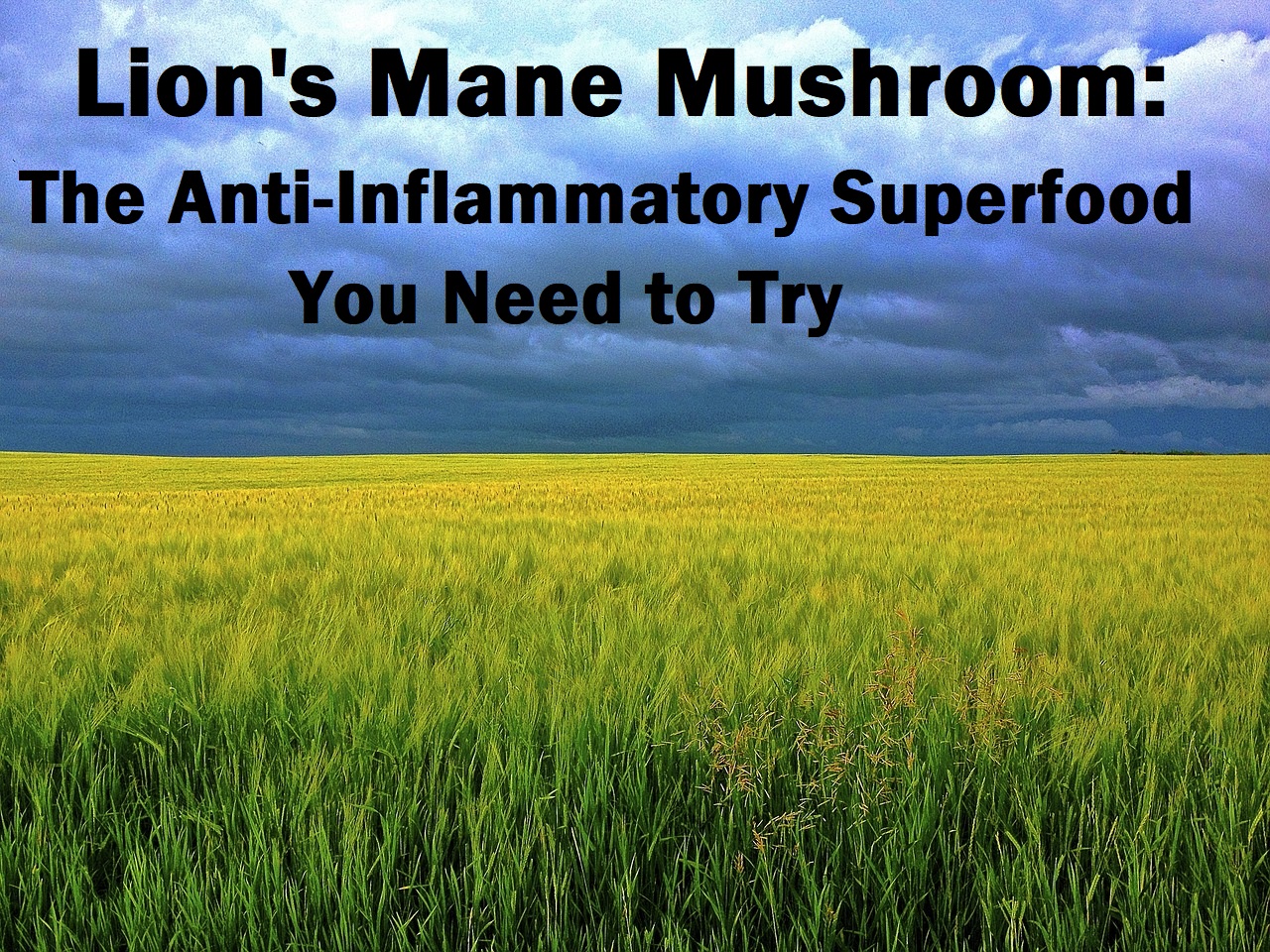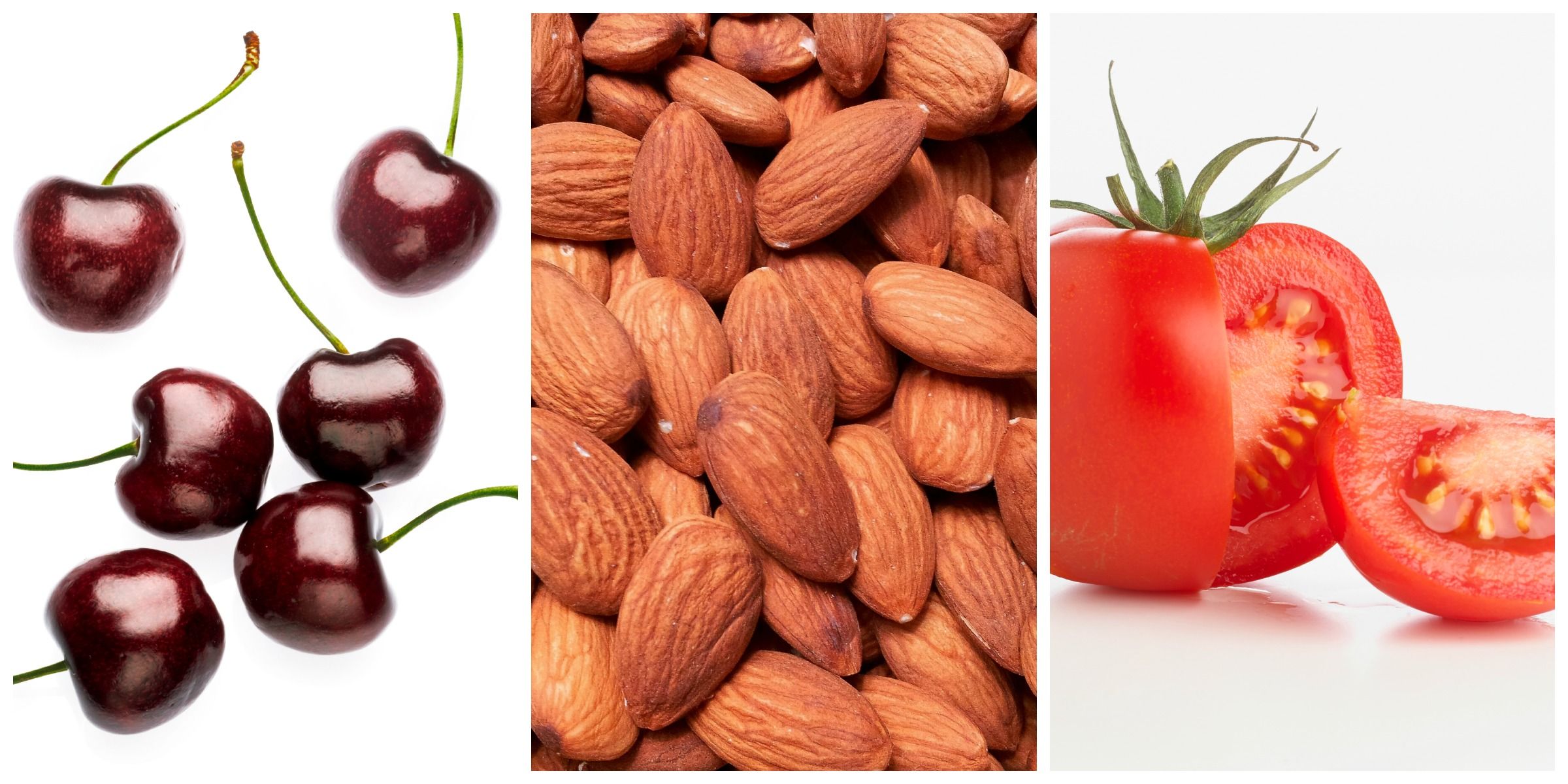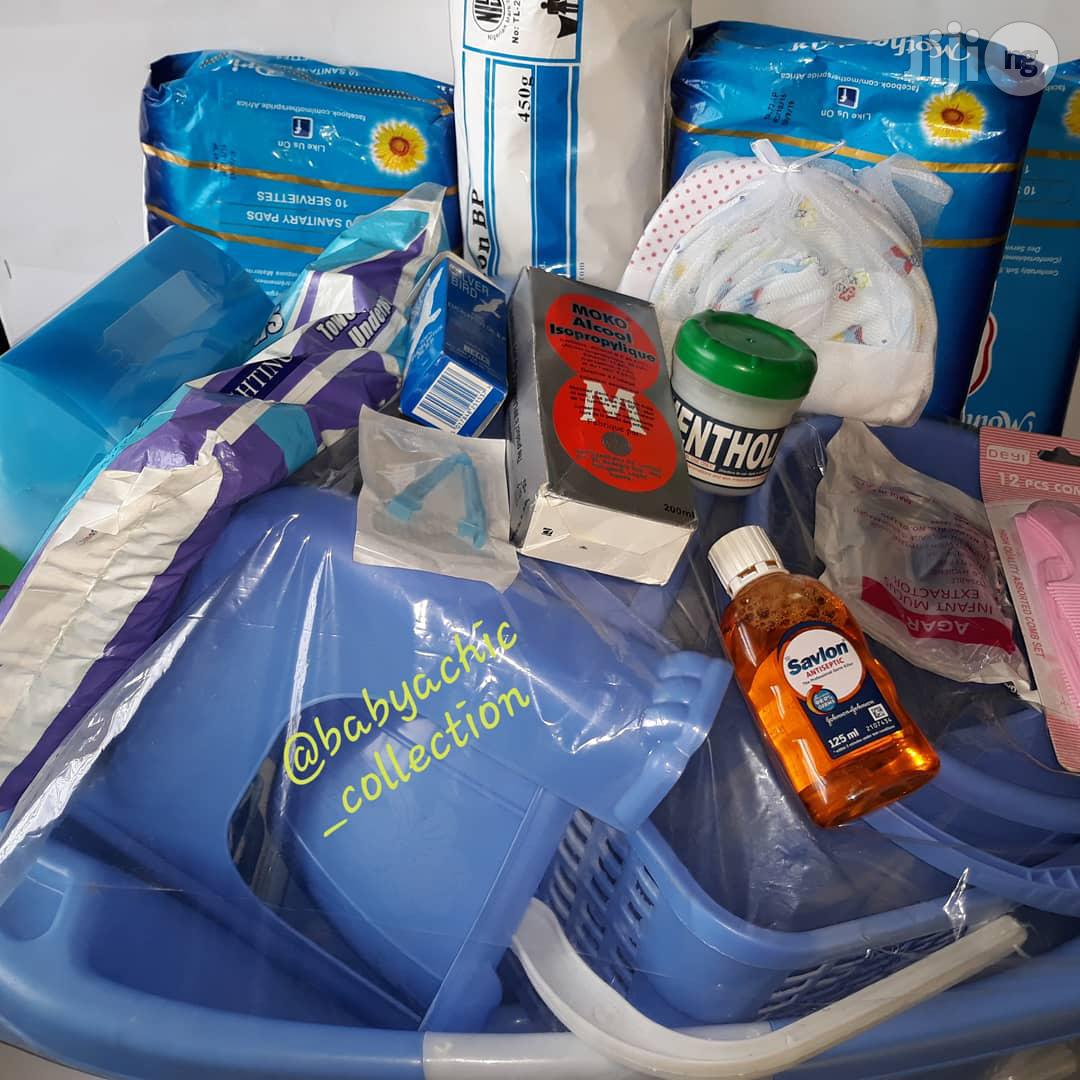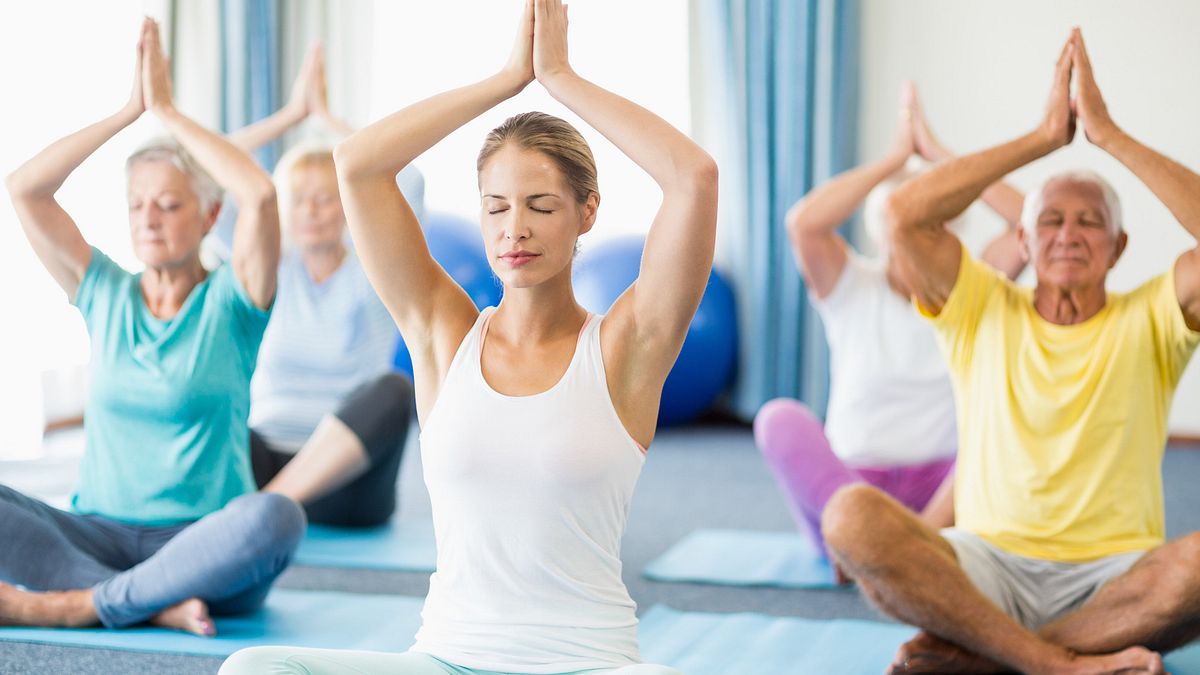Coronavirus Tips, Covid-19 Preventive Measures You Must Know
Coronavirus Information, Tips, How To Know If You Are Infected, Symptoms, Causes Of Covid19 And How To Protect Yourself From Coronavirus
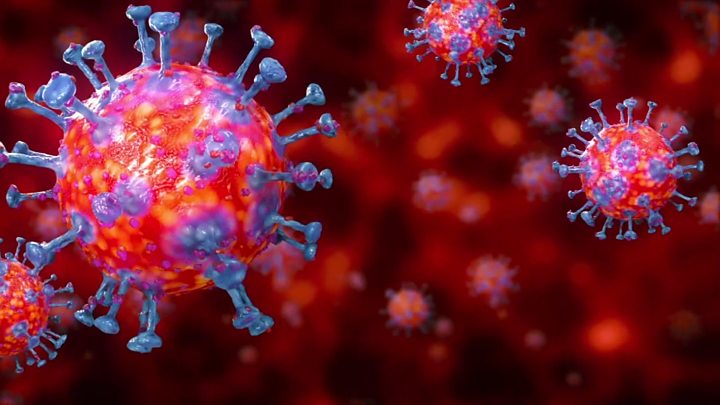
What is the Coronavirus?
- 2019 Novel Coronavirus (2019-nCoV) is a virus (more specifically, a coronavirus) identified as the cause of an outbreak of respiratory illness first detected in Wuhan, China.
- Early on, many of the patients in the outbreak in Wuhan, China reportedly had some link to a large seafood and animal market, suggesting animal-to-person spread.
- However, a growing number of patients reportedly have not had exposure to animal markets, indicating person-to-person spread is occurring.
- The name coronavirus is derived from the Latin corona, meaning “crown” or “halo”, which refers to the characteristic appearance reminiscent of a crown.
What does Coronavirus look like?
These image are colorized and from electron microscropes
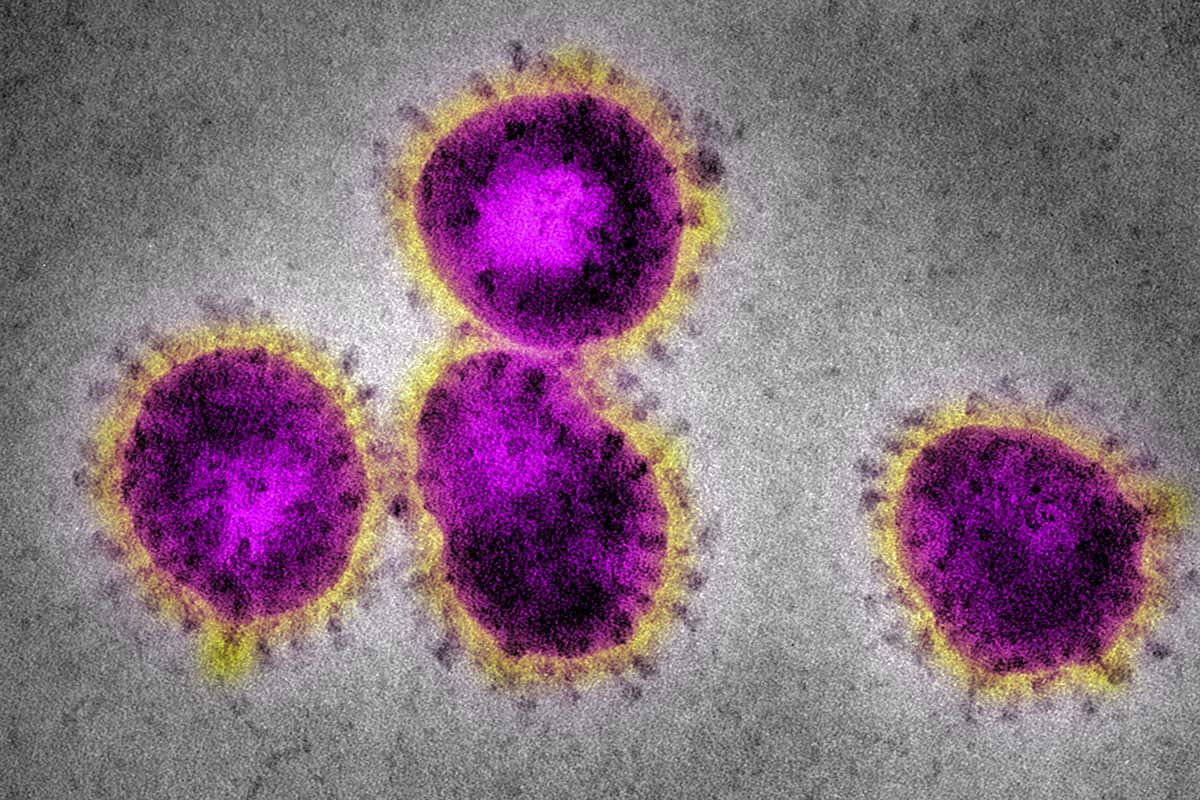
Covid-19: How do you get infected?
- The main route of transmission is respiratory droplets and close contact.
- When you sneeze or cough, you send out droplets of fluid from your nose and mouth.
- Those droplets can carry infections, and when they enter someone else’s enter the eyes, nose or mouth, the infection can make them sick. This is the way the flu and many viruses are spread.
- Most often, you need to be close to the person (within 6 feet) for it to spread this way.
- There is the possibility of aerosol transmission when exposed to high concentration aerosol for a long time in a relatively closed environment.
- The WHO has stated that the risk of spread from someone without symptoms is “very low” and that fecal transmission is “low”.
Mythbusters
- COVID-19 virus can be transmitted in areas with hot and humid climates.
- Cold weather and snow CANNOT kill the new coronavirus.
- Taking a hot bath does not prevent the new coronavirus disease.
- The new coronavirus CANNOT be transmitted through mosquito bites.
- Are hand dryers effective in killing the new coronavirus?
No. Hand dryers are not effective in killing the 2019-nCoV. - Can an ultraviolet disinfection lamp kill the new coronavirus?
UV lamps should not be used to sterilize hands or other areas of skin as UV radiation can cause skin irritation. - Can spraying alcohol or chlorine all over your body kill the new coronavirus?
No. Spraying alcohol or chlorine all over your body will not kill viruses that have already entered your body. - Do vaccines against pneumonia protect you against the new coronavirus?
No. Vaccines against pneumonia, such as pneumococcal vaccine and Haemophilus influenza type B (Hib) vaccine, do not provide protection against the new coronavirus. - Can regularly rinsing your nose with saline help prevent infection with the new coronavirus?
No. There is no evidence that regularly rinsing the nose with saline has protected people from infection with the new coronavirus. - Can eating garlic help prevent infection with the new coronavirus?
Garlic is a healthy food that may have some antimicrobial properties. However, there is no evidence from the current outbreak that eating garlic has protected people from the new coronavirus. - Are antibiotics effective in preventing and treating the new coronavirus?
No, antibiotics do not work against viruses, only bacteria.
What is the recovery time for the coronavirus disease?
Using available preliminary data, the median time from onset to clinical recovery for mild cases is approximately 2 weeks and is 3-6 weeks for patients with severe or critical disease.
See Also: How to Protect Yourself From Coronavirus Disease
How can I protect myself?
Handwashing
- A number of governments advise against all non-essential travel to countries and areas affected by the outbreak.
- There are misconceptions circulating about how to prevent infection: rinsing the nose, gargling with mouthwash, and eating garlic are not effective.
- The CDC recommends that people wash hands often with soap and water for at least 20 seconds, especially after going to the toilet or when hands are visibly dirty.
- It further recommended using an alcohol-based hand sanitiser with at least 60% alcohol by volume (or 120 proof) when soap and water are not readily available.
- The WHO also advise people to avoid touching the eyes, nose, or mouth with unwashed hands.
Respiratory hygiene
- Health organizations recommended that people cover their mouth and nose with a tissue when coughing or sneezing (which should then be disposed of immediately), or with a sleeve if a tissue is not available.
- The use of surgical masks by those who may be infected has also been recommended, as they can limit the volume and travel distance of expiratory droplets dispersed when talking, sneezing, and coughing.
- There is no evidence to show that the wearing of surgical masks by uninfected people at low risk is effective.
- Only China has specifically recommended the use of masks by healthy members of the public, while face masks have been widely used by healthy people in Hong Kong, Japan, Malaysia, and Singapore.
How to use a mask
- Wear a mask if you are coughing or sneezing.
- If you wear a mask, then you must know how to use it and dispose of it properly.
- Before putting on a mask, clean your hands with alcohol-based hand rub or soap and water.
- Cover your mouth and nose with the mask and make sure there are no gaps between your face and the mask.
- Avoid touching the mask while using it.
- Replace the mask with a new one as soon as it is damp and do not re-use single-use masks.
- To remove the mask, remove it from behind (do not touch the front of the mask), discard it immediately in a closed bin, and then clean your hands with alcohol-based hand rub or soap and water.
Which are the first symptoms of the coronavirus disease?
The virus can cause a range of symptoms, ranging from mild illness to pneumonia. Symptoms of the disease are fever, cough, sore throat and headaches. In severe cases difficulty in breathing and deaths can occur.
How do I know if I am infected?
Common signs of infection include respiratory symptoms, fever, cough, shortness of breath and breathing difficulties. In more severe cases, infection can cause pneumonia, severe acute respiratory syndrome, kidney failure and even death.
| Symptom | % |
|---|---|
| Fever | 87.9% |
| Dry cough | 67.7% |
| Fatigue | 38.1% |
| Sputum production | 33.4% |
| Shortness of breath | 18.6% |
| Muscle pain or joint pain | 14.8% |
| Sore throat | 13.9% |
| Headache | 13.6% |
| Chills | 11.4% |
| Nausea or vomiting | 5.0% |
| Nasal congestion | 4.8% |
| Diarrhea | 3.7% |
| Haemoptysis | 0.9% |
| Conjunctival congestion | 0.8% |
Ok I think I’m infected, now what?
- Self-isolation at home has been recommended for those diagnosed with COVID-19 and those who suspect they have been infected.
- Public health agencies have issued self-isolation instructions that include notification of healthcare providers by phone and restricting all activities outside of the home, except for getting medical care.
- Do not go to work, school, or public areas. Avoid using public transportation, ride-sharing, or taxis
- Those who have recently travelled to a country with widespread transmission or who have been in direct contact with someone diagnosed with COVID-19 have also been asked by some government health agencies to self-quarantine or practise social distancing for 14 days from the time of last possible exposure.
- Attempts to relieve the symptoms may include taking regular (over-the-counter) cold medications, drinking fluids, and resting. Depending on the severity, oxygen therapy, intravenous fluids, and breathing support may be required.
- The use of steroids may worsen outcomes.
Is there a vaccine or a cure For Covid-19?
- No vaccine is currently available.
- Several organisations around the world are developing vaccines, using several different methods.
- By early March 2020, 30 vaccine candidates were in development, with products by Gilead Sciences and Ascletis Pharma in Phase III clinical trials.
- Several compounds, which were previously approved for treatment of other viral diseases, such as favipiravir, ribavirin, remdesivir and galidesivir, are being investigated against the coronavirus.
- Clinical trials are underway in for lopinavir/ritonavir and of remdesivir.
- Bruce Aylward, an assistant director-general of the WHO, has stated “there is only one drug right now that we think may have real efficacy and that’s remdesivir.”
We Believe This Article Was Helpful, Don’t Hesitate To Share This Information With Your Friends On Facebook, Twitter, Whatsapp and Google plus.
Copyright Warning: Contents on this website may not be republished, reproduced, redistributed either in whole or in part without due permission or acknowledgement. All contents are protected by DMCA.
The content on this site is posted with good intentions. If you own this content & believe your copyright was violated or infringed, make sure you contact us via This Means to file a complaint & actions will be taken immediately.
